Task Groups
Thanks to the membership representing nearly every point of the microbiome/pharmaceutical development chain (from academia, to biotech and pharma passing through CROs and CDMOs), the PRI is able to identify the scientific, technical and regulatory challenges posed by microbiome-based medicinal products. Once identified, the PRI coordinates collaborative discussions during dedicated ‘Task Group’ sessions. The aim of theses task groups is to provide a common position of the industry on important subjects/regulatory challenges around microbiome-based medicinal products.
Once gathered, this knowledge is made available to stakeholders in order to support and de-risk pharmaceutical development – for the ultimate benefit of patients, many of whom suffer from high unmet medical needs.
We call this pre-competitive, collaborative process the ‘Share & Learn‘ approach.

All PRI Members are welcome to propose subjects for new Task Groups.
Participation of PRI Members in Task Group sessions is entirely voluntary and included in a Member’s annual fee.
OMICS Task Group
Challenge
A significant challenge in the development of microbiome-based medicinal products is the generation of reliable pre-clinical and clinical data. The lack of current validated methods for the processing and analysis of microbiome samples makes the results from such studies uncertain as to whether they will warrant regulatory approval. Regulatory authorities currently are asked to evaluate applications from microbiome-based product developers who use a broad variety of highly specialized methods for various -omics technologies that can be difficult to both interpret and directly compare.

Scope
This working group has set out to explore and clearly identify the wide range of analytical -OMICS methods being used for the research and development of microbiome-based medicinal products, with the intent of defining critical parameters of each approach in order to elucidate sources of bias, variability, and the underlying causes for those challenges in comparability and reproducibility. The group will focus on those methods which can provide accurate and reproducible data, without limiting its scope to one type of technology or one area of microbiome analysis. The objective of this working group is to foster the emergence of good practices, recommendations and even validation plans and recognition by the regulators of the -OMICS methods and data in the assessment.
Missions
- Identify and list the types of analytical -OMICS methods in use for the research and development of microbiome-based medicinal products
- Analyze each step (g. sample collection & storage, sample preparation, material extraction, material analysis, and data analysis) of microbiome analytical methods in order to identify critical parameters
- Discussions and proposals surrounding common minimum requirements which could improve or enhance accuracy and reproducibility, with microbiome-based medicinal product development requirements in mind
- Discussions and proposals surrounding a set of ‘best practices’ or ‘recommendations for harmonization’ of the various -OMICS techniques in use today or being considered for the future
- Discussions surrounding the reference materials available for -OMICS techniques and establish collaboration with some big initiative working on the establishment if these reference materials (NIST, NIBSC)

Clinical Studies Task Group

Challenge
The design and execution of robust clinical trials which can allow for the demonstration of safety and efficacy of microbiome-based medicinal products remains complex and challenging. Such a robust demonstration is of the utmost importance for patients as well as for industry in order to avoid the multiplication of trials which are not only costly but could also be considered unethical if designs do not allow for robust assessment of the benefit/risk ratio. Clinical studies in the context of microbiome-based medicinal product development are particularly sensitive to bias and interindividual variability due to the high level of influence of numerous factors on human microbiomes such as environmental factors, patient lifestyle/dietary factors....

Scope
This working group will convene experts along several microbiome-based medicinal product development steps in order to clearly document and characterize the challenges facing the field when designing and implementing clinical trials for the demonstration of quality, safety and efficacy of microbiome-based medicinal products.

Missions
- The development of an appropriate Target Product Profile to optimize all development phases including that of clinical trials
- Discussions on due diligence which should be carried out by developers before entering into collaboration with a CRO for the clinical trial phase(s)
- Discussions on good practices for clinical trial implementation and realization (with microbiome-based medicinal product development in mind)
- Discussions on metadata collection in clinical design and the utmost importance of these metadata in the context of microbiome-based medicinal product development

Task Group Participants
Non-Living Biotherapeutics Task Group

Challenge
There is an emerging area of the microbiome field which is concerned with developing microbial products based on microorganisms that have been intentionally rendered “non-living”. Such non-living microbial substances present a further set of regulatory and technical challenges, as the current development and assessment requirements applicable to Live Biotherapeutic Products (LBP) are not entirely applicable to this particular innovation within microbiome-based medicinal products.

Scope
The scope of this working group is to identify, document, analyse, and discuss the specific nature of medicinal products whose active substance(s) are based on “non-living” microorganisms, with the ultimate intention of equipping its participants with the adapted regulatory science considerations to optimize their own microbiome-based medicinal product development projects.

Missions
- Specifically describe and characterize ‘Non-Living Biotherapeutic Products’ (NLBP) (from a medicinal product & regulatory context) – analyzing and comparing what is known about LBPs, vaccines, spores, cell therapies, immunotherapies…
- Discussions around the risk analysis for NLBP
- Discussions and proposals surrounding manufacturing considerations and inactivation technology; defining potency, viability in the context of so-called ‘non-living’ cells, assessing and documenting tolerance levels for ‘minimum’ living cells in inactivated microbial cultures
- Identify the most challenging issues relating to the demonstration of safety, quality, and efficacy with NLBP

Task Group Participants
Veterinary Microbiome-based Medicines Task Group

Challenge
Emerging scientific developments have shown that microbiome-based medicinal products not only represent a paradigm shift in human medicine, but also in veterinary medicine. In certain animal pathologies for which few treatment alternatives are currently available, including the fight against the emergence and spread of antimicrobial resistance (AMR), microbiome regulatory science expertise could be highly valuable to those also developing future microbiome-based veterinary medicinal products.

Scope
The initial scope of this working group is to explore and map out the feasibility of applying the PRI’s Share & Learn approach to the specific case of microbiome-based veterinary medicinal products.

Missions
- Identify potential stakeholders interested in seeking scientific advice request dossiers to the European Medicines Agency (EMA) (Committee on Veterinary Medicinal Products – CVMP)
- Discussion and proposals on the various issues relating to the demonstration of safety and efficacy (i.e., livestock vs. companion animals, herd vs. individual efficacy…)
- Discussions and proposals on understanding the different levels of cGMP-requirements and their potential impact on development steps
- Analysis of EU Pharmacopeia monograph on LBP for human-use, and how this document could be used as a basis for a veterinary LBP monograph proposal

Task Group Participants
